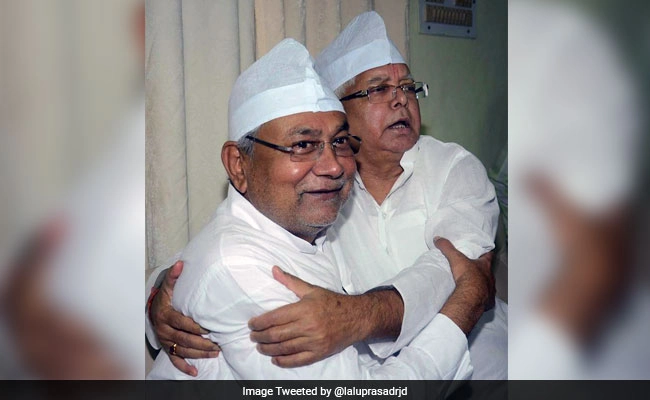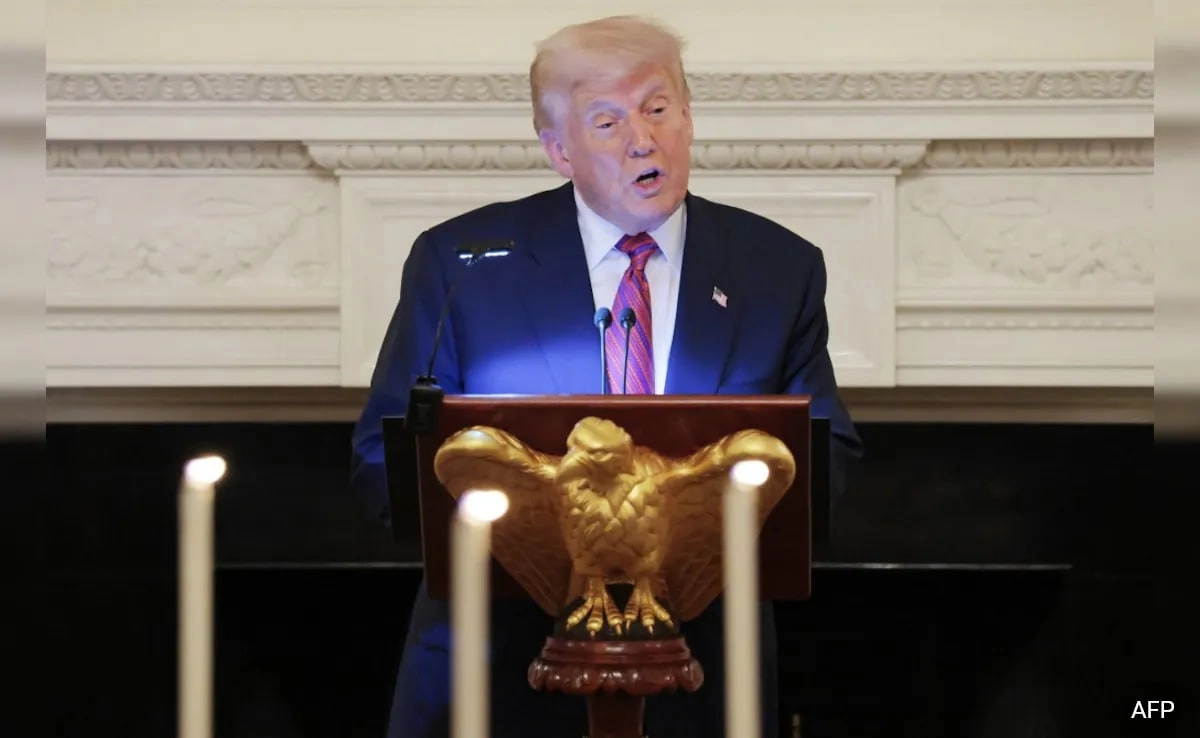In the complex political landscape of Bihar, the dynamics of Muslim votes play a crucial role, particularly in the context of Lalu Yadav and Nitish Kumar, two influential leaders who have shaped the state’s electoral narrative for decades. Lalu Yadav, the leader of the Rashtriya Janata Dal (RJD), has historically held a stronghold over the Muslim vote bank, leveraging his party’s roots in social justice and his commitment to the rights of marginalized communities. His connection with the Muslim electorate has been instrumental in consolidating their support, positioning him as a key player in Bihar’s political arena. The Muslim community, which constitutes a significant portion of the state’s population, has often been seen as a decisive factor in elections, making it imperative for political leaders to cater to their aspirations and concerns.
On the other hand, Nitish Kumar, the Chief Minister and leader of the Janata Dal (United), has been keen on expanding his influence among the Muslim voters, aiming to reshape the electoral arithmetic in his favor. Kumar’s government has made attempts to address issues pertinent to the Muslim community, such as education, employment, and social welfare. His strategy involves not only appealing to traditional RJD supporters but also reaching out to the younger, more progressive Muslim voters who may be attracted to a development-oriented agenda. This shift could potentially disrupt the longstanding dominance of Lalu Yadav in the Muslim vote bank and create a more competitive political environment in the state.
The stakes are particularly high as both leaders prepare for upcoming elections, with each vying to secure a larger share of the Muslim vote. For Yadav, maintaining his grip on this demographic is essential to sustaining his party’s influence and relevance in Bihar’s politics. Meanwhile, Kumar’s efforts to woo Muslim voters are aimed at solidifying his position and demonstrating that his government is inclusive and responsive to the needs of all communities. The interplay between these two leaders in the context of Muslim votes is not just a matter of electoral strategy; it also reflects broader themes of identity, representation, and communal harmony in a state that has witnessed its share of social and political upheaval.
As the electoral landscape evolves, the significance of Muslim votes in Bihar is likely to remain a focal point for political discourse. The competition between Lalu Yadav and Nitish Kumar will not only shape the immediate outcomes of elections but also influence the long-term trajectory of Bihar’s political affiliations. Voters will be keenly observing how each leader addresses their concerns and aspirations, and how their campaigns resonate with the community’s hopes for progress and stability. Ultimately, the battle for Bihar’s Muslim votes will be a defining factor in determining the future political landscape of the state, underscoring the intricate relationship between identity politics and governance in contemporary India.




